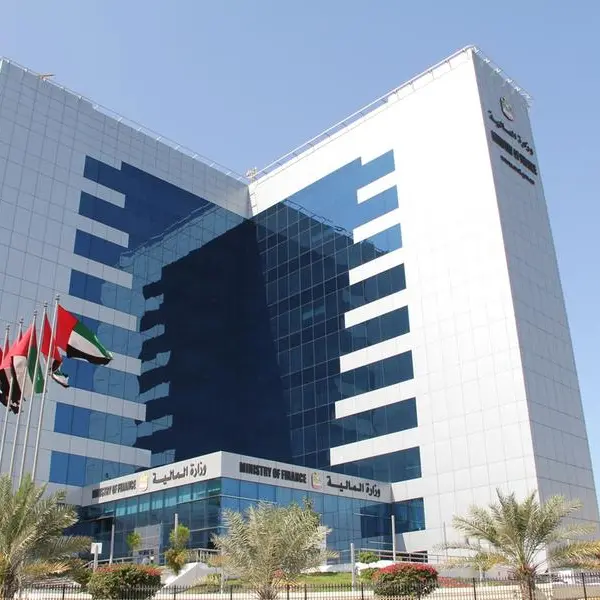Saudi Arabia will exempt residential property rent from value added tax (VAT), according to the kingdom’s new VAT laws.
The sale of residential property, however, will only be exempt from the tax on the condition that it is intended for use as a permanent home by the buyer, or someone related to them.
“The residential side will certainly have a huge impact on the property industry - the people who work in it, as well as the tenants,” Faizal Mussa, a VAT implementation manager for KPMG Saudi Arabia told Zawya in a telephone interview.
Mussa said that when building property, many of the upfront costs incurred by developers will be charged for VAT, but if they then decide to retain the building for residential rental purposes, they can neither charge VAT on this or reclaim any of the tax that they have paid.
“If we are looking to rent in Saudi, we can expect rents potentially to go up because developers will certainly not want to absorb the full 5 percent of the VAT cost which they cannot recover and they will be looking to transfer at least a proportion of that cost to the end user,” Mussa said.
On the commercial property side, all rents as well as sales will be subject to VAT. Any hotels, guest houses, serviced accommodation or any other building that is designed to offer temporary accommodation to visitors are not considered as residential real estate, according to the regulations.
Mahmoud Mozahim, a Riyadh-based tax manager at accountancy network Integra International, believes that it will be difficult to assess the impact of VAT on the property market, especially as there are many factors currently in play.
“For instance, the recent implementation of new fees for dependents in Saudi starting last July has led to some vacancies in real estate residential units,” Mozahim told Zawya in an Arabic telephone interview.
The Saudi cabinet passed a decision to apply new fees on expatriates’ dependents back in December 2016, and the policy was implemented at the beginning of July this year. The fees start at 100 Saudi riyals for each dependent on a monthly basis.
If a building is developed for mixed use, with some office space as well as some residential space, that will lighten the tax burden on a developer because they will be able to recover some of the costs incurred on building the commercial element, Mussa notes.
“There is a high possibility that we see residential rents increase in Saudi because of VAT. Although, in theory, residential rent should not increase because it is not VAT charged, developers who cannot recover their costs will look to ensure that they hold on to their margins by passing the cost to others,” Mussa adds.
Further reading:
- Saudi Arabia to charge VAT on private education
- VAT impact on Saudi firms differs, companies urged to keep record of all business transactions
- Saudi Arabia issues public consultation on draft VAT
- Saudi GAZT holds VAT Forum, launches VAT website and helpline
© Zawya 2017




















